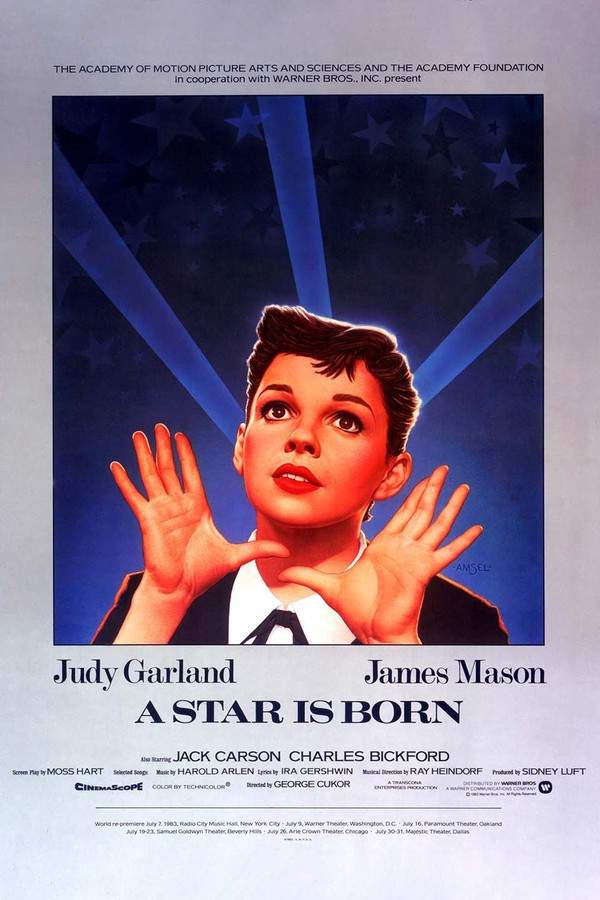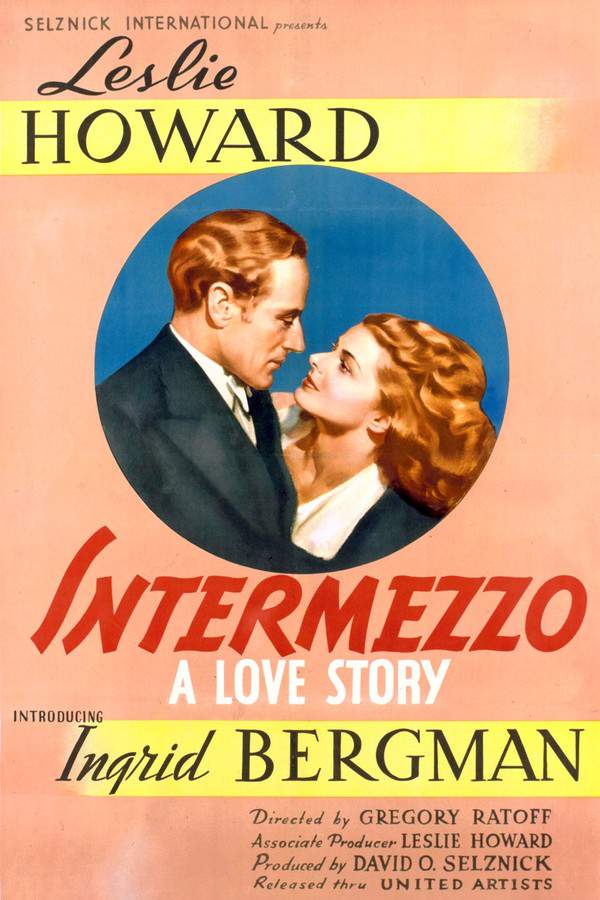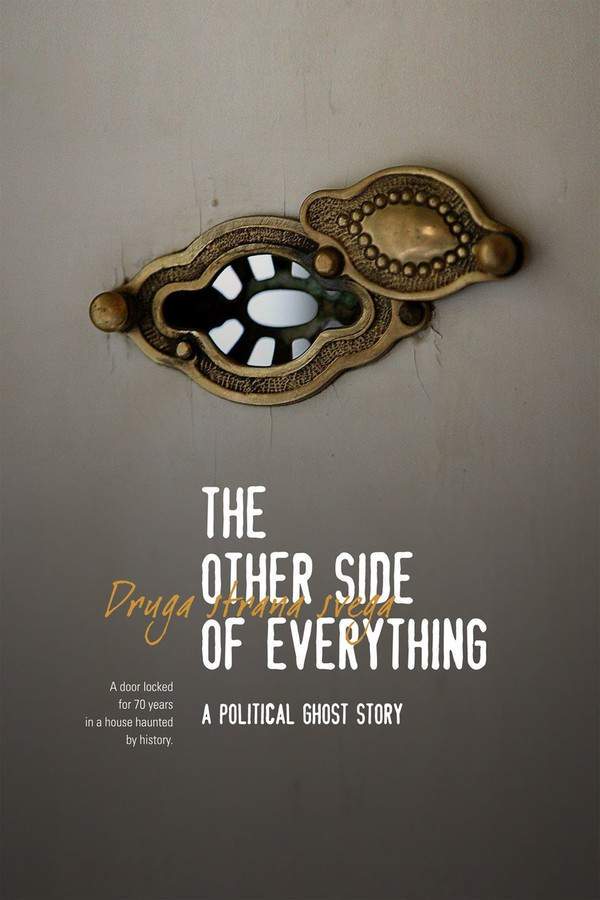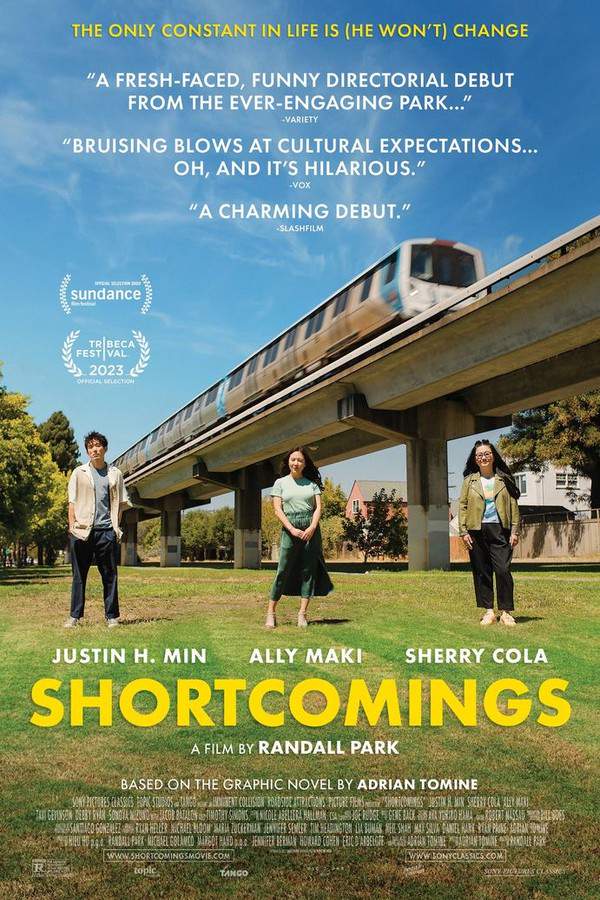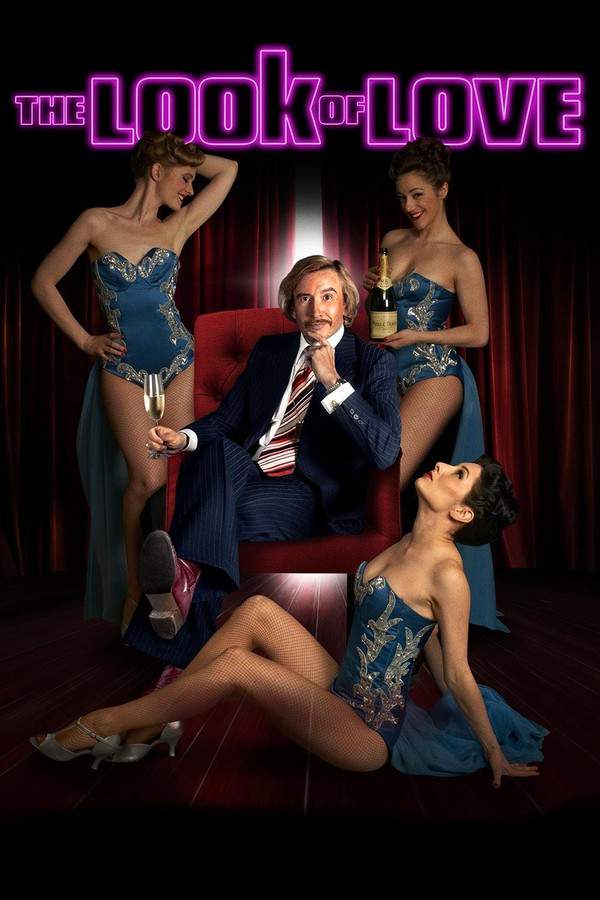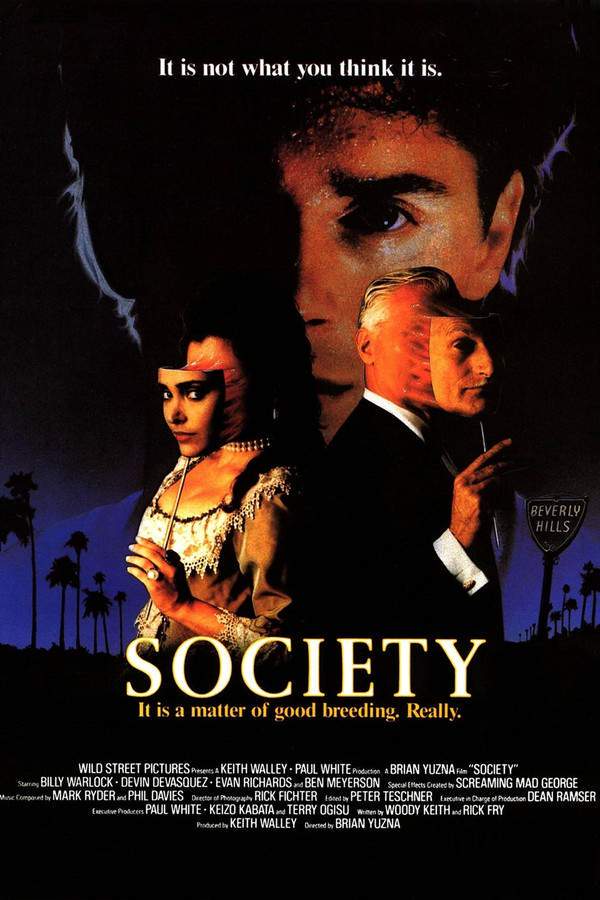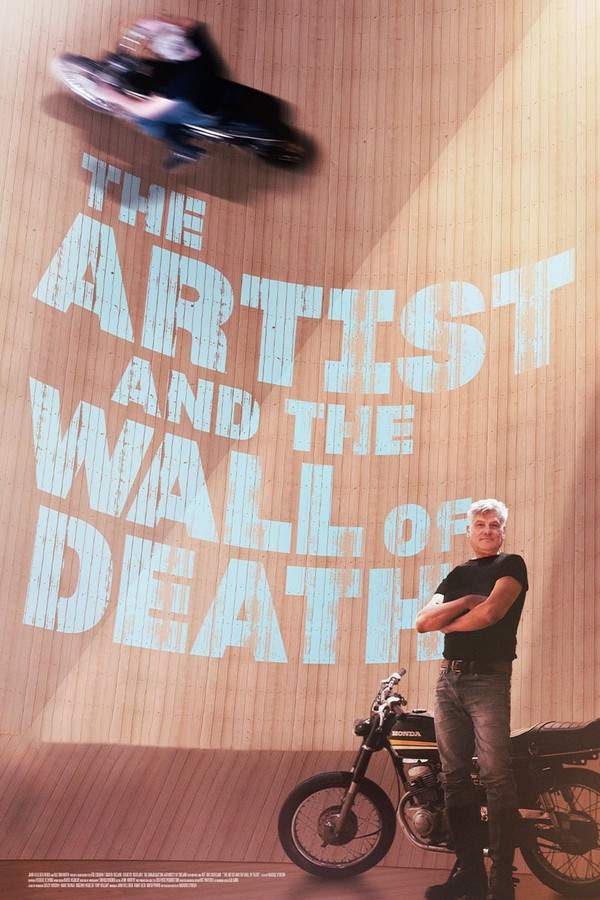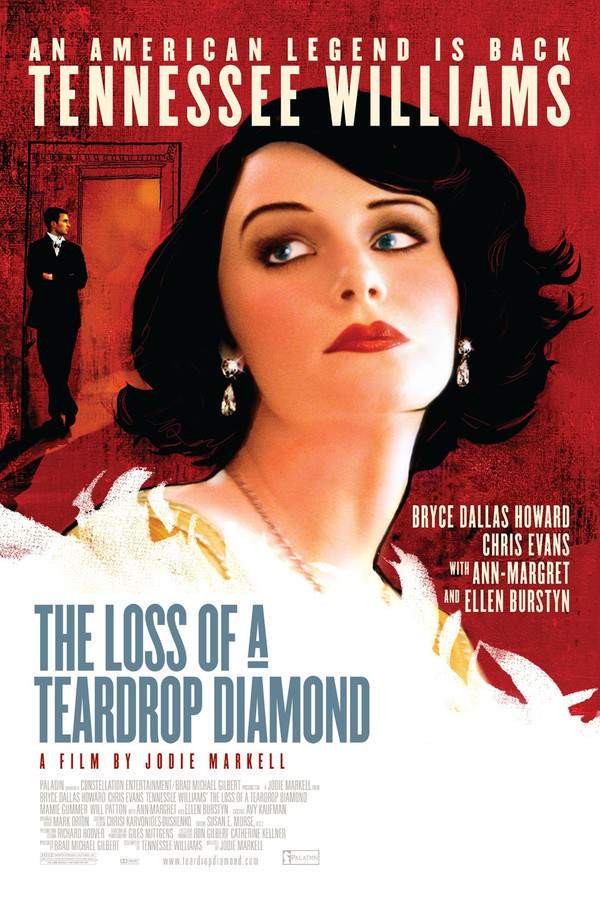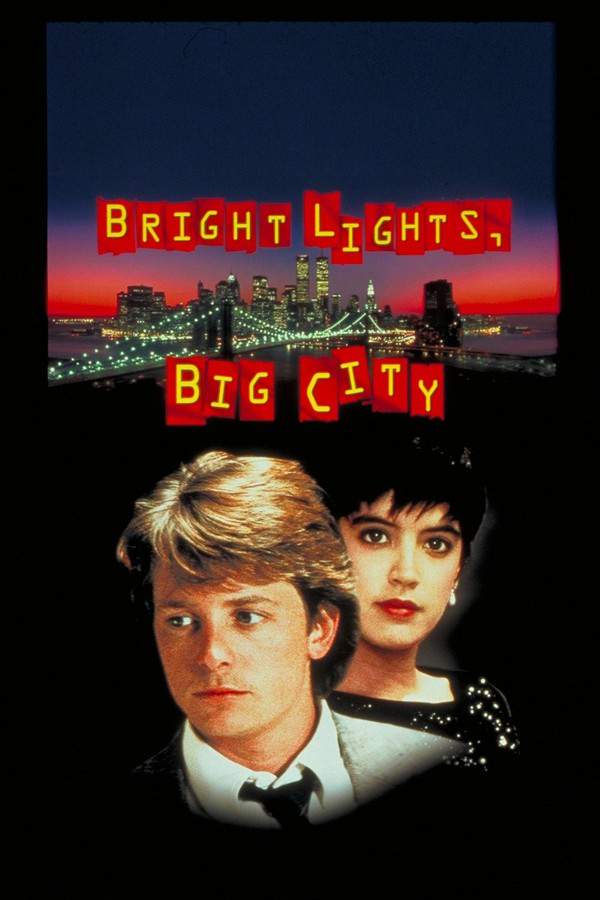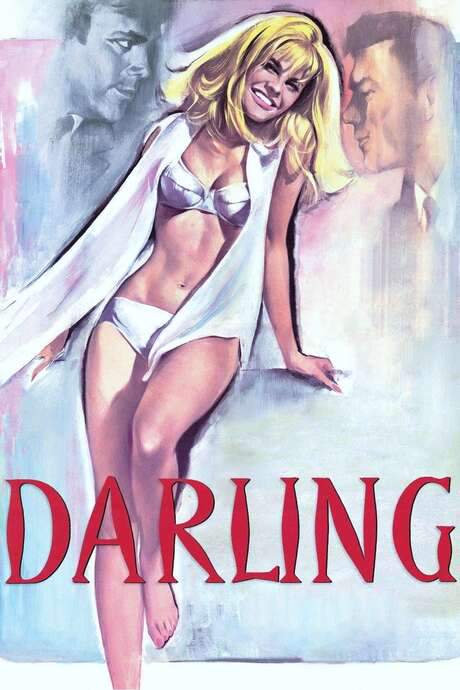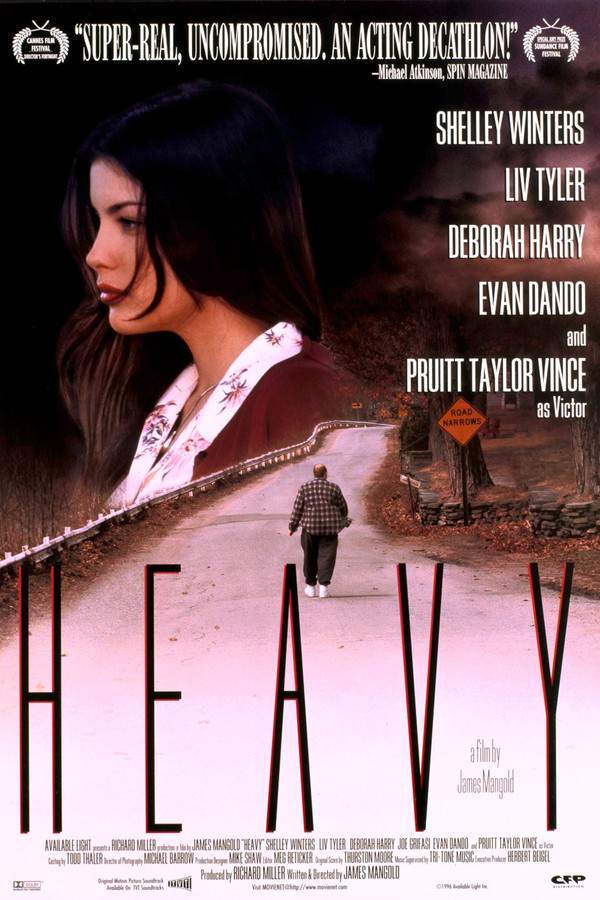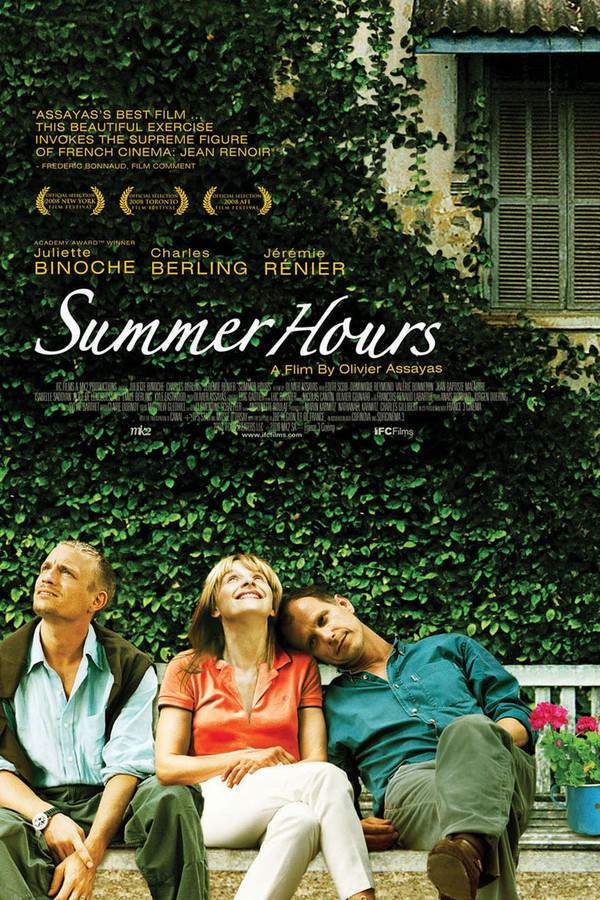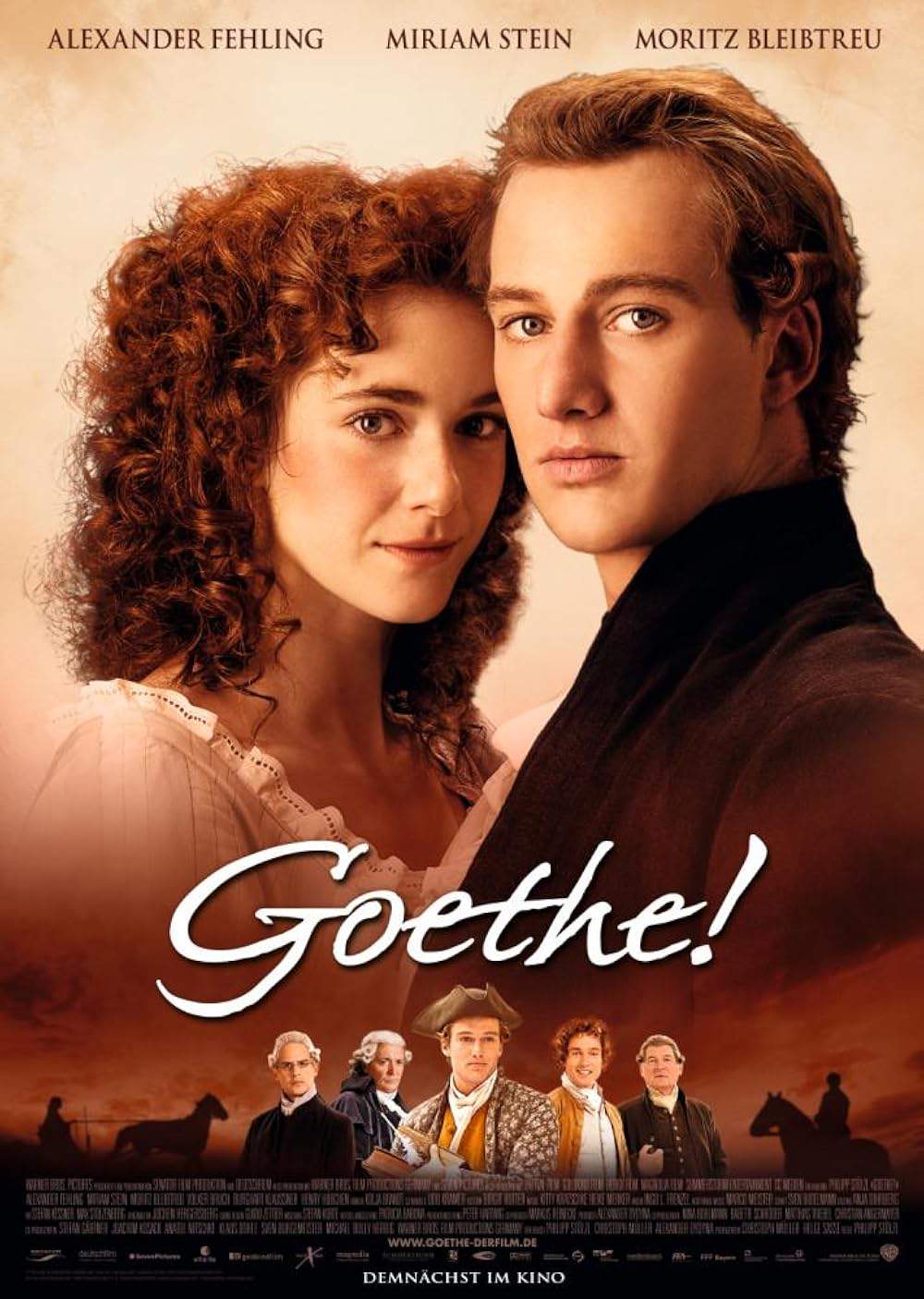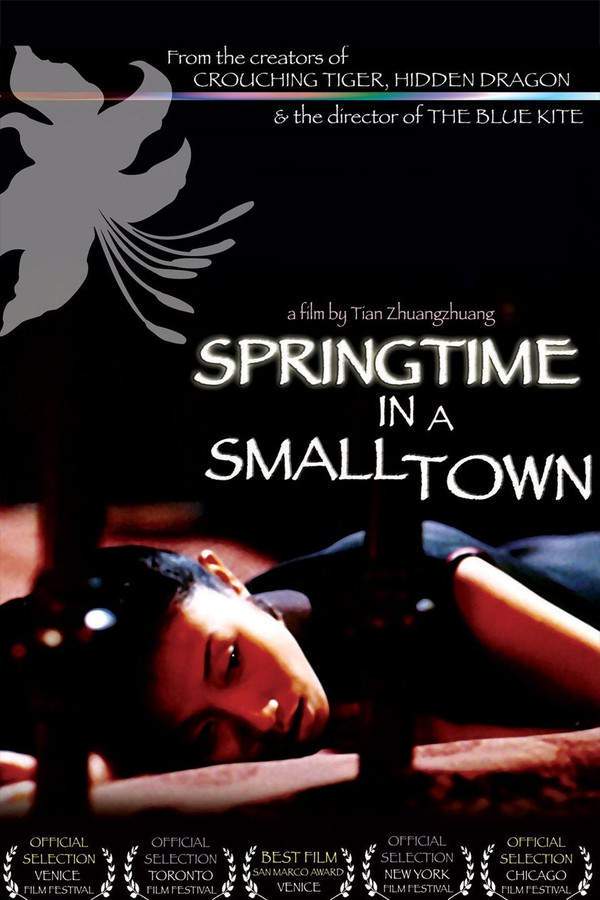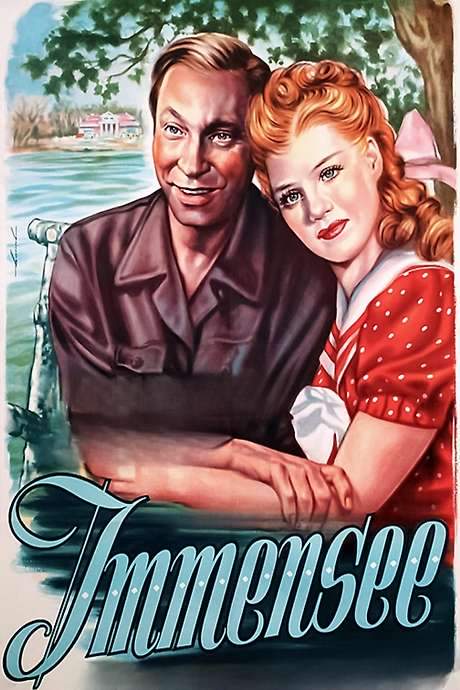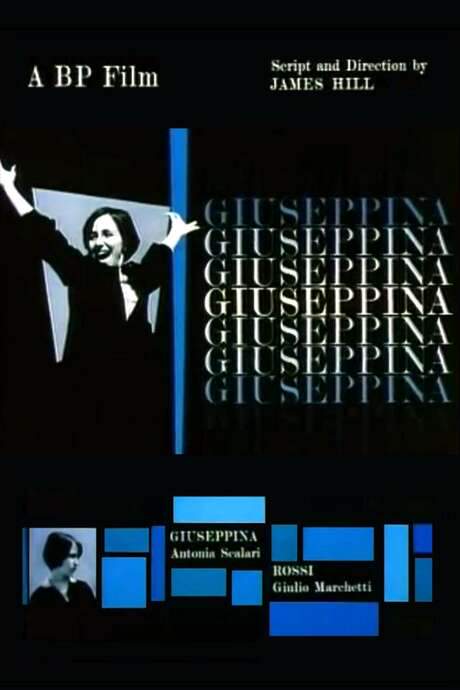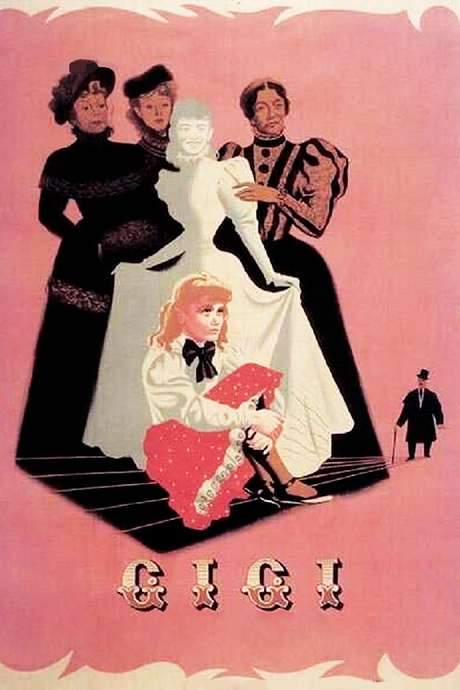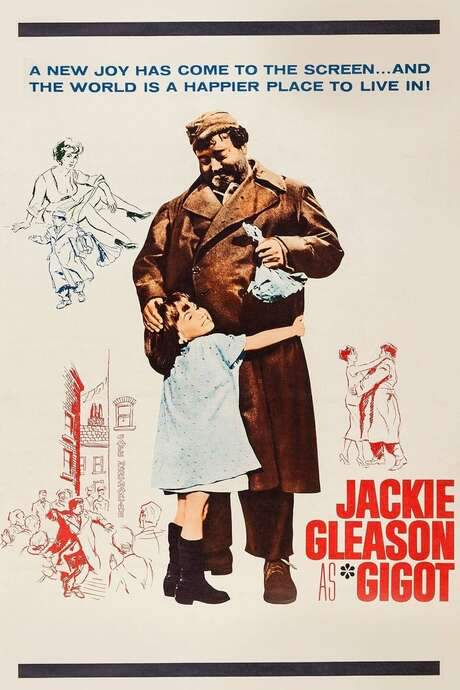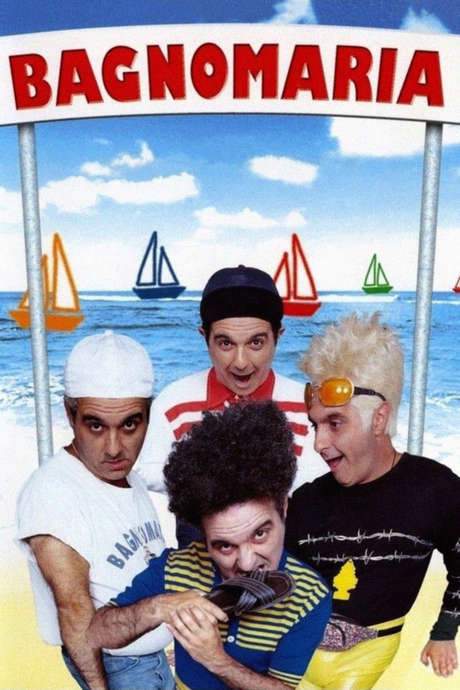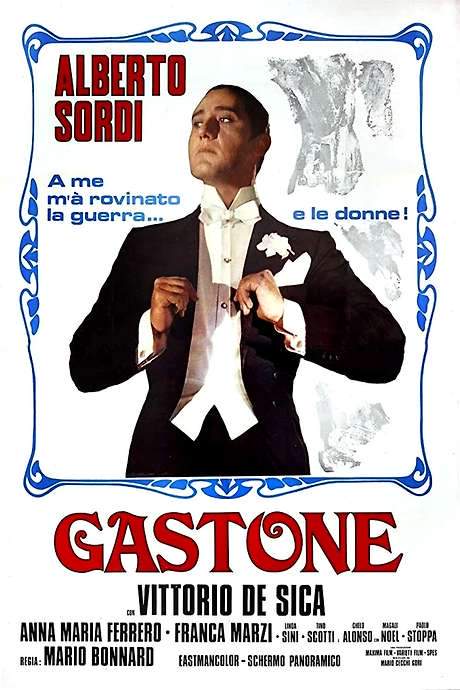
Gastone
Year: 1960
Runtime: 102 mins
Language: Italian
Director: Mario Bonnard
Set in the interwar years when vaudeville sketches were a common warm‑up to cinema programs, the film showcases Gastone, a flamboyant dandy performed by Italy’s celebrated comic Ettore Petrolini. Petrolini’s lively portrayal made the character a memorable highlight of the era’s variety entertainment.
Warning: spoilers below!
Haven’t seen Gastone yet? This summary contains major spoilers. Bookmark the page, watch the movie, and come back for the full breakdown. If you're ready, scroll on and relive the story!
Gastone (1960) – Full Plot Summary & Ending Explained
Read the complete plot breakdown of Gastone (1960), including all key story events, major twists, and the ending explained in detail. Discover what really happened—and what it all means.
Italy, in the 1920s, the aftershocks of war feel distant as the glow of the tabarin spills into the night. Gastone, Alberto Sordi, a celebrated danseur mondain, glides across the floor in a perfectly cut tailcoat, entertaining the wealthy ladies who fill the club with glitter and whispered admiration. The scene is a portrait of style and desire, where every step is a mock salute to fortune and every smile a transaction. Yet beneath the polished surface, Gastone is a frivolous and artless figure, a well-known scammer who has learned to thrive on attention rather than genuine connection, chasing a lasting glory that the Great War never gave him.
He moves through a culture of brazen charm, surrounded by a cast of fatuous and sometimes dishonest characters—princes, loan sharks, and La signora—who all feed the glittering illusion that fame can cover every wound. In this world of extravagance and risk, Gastone’s appetite for admiration grows and hardens into a single, stubborn ambition: to be the center of a theatre where the spotlight never fades. It is in this climate that a new student arrives at his makeshift dance school: Nannina Anna Maria Ferrero, a young maid with noble roots who is as gifted as she is determined. She is not just a pretty presence in the club’s orbit; she is a dancer with real skill and a fire to prove herself, and she quickly becomes a catalyst for change in Gastone’s life.
Seeing in Nannina a potential partner who could lift the club to new heights, Gastone convinces himself that he has found the perfect new star. Yet fate has its own plan. A complaint lands Gastone at the police station, while Nannina rises as a solo performer under a new identity, Anna La Belle, and garners widespread acclaim. Her breakthrough is swift and dramatic, a testament to talent meeting opportunity, and soon she commands attention across Europe’s theatres and clubs. The transformation is not merely a personal victory; it alters the power dynamics of a scene that once seemed to belong entirely to Gastone. The ascent is aided by a famous impresario, whose belief in Nannina helps propel her to the pinnacle of show business, even as Gastone watches his own star dim.
As Nannina’s star climbs, Gastone struggles to adapt to the changing tastes of audiences who crave something newer, brighter, and more modern than his glossy world could offer. The era’s mood shifts, and the old charm begins to seem exhausted, leaving Gastone to confront a slow, painful fade. His pride, however, remains intact even as his fortunes decline. The scene shifts to a second-rate club where Gastone turns to another old flame, Rosa, to recapture a spark of the past. Rosa, played by Franca Marzi, remains loyal, yet the reunion cannot salvage the widening rift between the man he is and the era that has moved on.
The final act is bleak and telling: the last performance turns into a total fiasco, and the bel danseur finds himself reduced to poverty. Yet even in defeat, a stubborn vanity lingers. His consolation is the hope—perhaps naïve, perhaps deeply human—that he might see Nannina one last time. He steps away from the lights with a quiet, solitary conviction: that he remains, in some essential sense, the most beautiful and desired, even as the world around him has already moved beyond his era.
Last Updated: October 09, 2025 at 11:03
Explore Movie Threads
Discover curated groups of movies connected by mood, themes, and story style. Browse collections built around emotion, atmosphere, and narrative focus to easily find films that match what you feel like watching right now.
Melancholic stories of fading fame like Gastone
Portraits of artists and performers whose glory days are slipping away.If you enjoyed the bittersweet journey of Gastone, you'll appreciate these movies about the rise and fall of entertainers. They share a melancholic tone and a focus on characters struggling with vanity, artistic rivalry, and the pain of being forgotten, perfect for fans of stories about the fading spotlight.
Narrative Summary
Stories in this thread typically follow a linear descent from success to obscurity. The central conflict is often internal, as a vain or self-deceiving protagonist refuses to adapt to change, leading to a steady, inevitable decline that is more poignant than suspenseful.
Why These Movies?
These films are grouped by their shared focus on the emotional toll of fading fame. They possess a melancholic, nostalgic mood, a steady pacing that charts a clear downward arc, and a bittersweet ending feel that acknowledges both loss and the character's stubborn pride.
Nostalgic movies about a changing era like Gastone
Nostalgic tales set in a glittering world that is slowly fading away.For viewers who liked the 1920s vaudeville setting of Gastone, this collection features films that capture the end of an era. These stories use their historical backdrop to explore themes of nostalgia, progress, and the personal stories of those left behind by time, similar to Gastone's vibe.
Narrative Summary
The narrative often uses a historical shift as a backdrop for personal stories. The plot is less about complex twists and more about capturing a mood and a moment in time, following characters as they navigate the inevitable end of their familiar world.
Why These Movies?
These movies are connected by their potent atmosphere of nostalgia and their focus on a world in transition. They share a melancholic or bittersweet tone, a medium emotional weight, and a straightforward narrative that prioritizes mood and setting over complex plotting.
Unlock the Full Story of Gastone
Don't stop at just watching — explore Gastone in full detail. From the complete plot summary and scene-by-scene timeline to character breakdowns, thematic analysis, and a deep dive into the ending — every page helps you truly understand what Gastone is all about. Plus, discover what's next after the movie.
Gastone Timeline
Track the full timeline of Gastone with every major event arranged chronologically. Perfect for decoding non-linear storytelling, flashbacks, or parallel narratives with a clear scene-by-scene breakdown.

Characters, Settings & Themes in Gastone
Discover the characters, locations, and core themes that shape Gastone. Get insights into symbolic elements, setting significance, and deeper narrative meaning — ideal for thematic analysis and movie breakdowns.

Gastone Spoiler-Free Summary
Get a quick, spoiler-free overview of Gastone that covers the main plot points and key details without revealing any major twists or spoilers. Perfect for those who want to know what to expect before diving in.

More About Gastone
Visit What's After the Movie to explore more about Gastone: box office results, cast and crew info, production details, post-credit scenes, and external links — all in one place for movie fans and researchers.

Similar Movies to Gastone
Discover movies like Gastone that share similar genres, themes, and storytelling elements. Whether you’re drawn to the atmosphere, character arcs, or plot structure, these curated recommendations will help you explore more films you’ll love.
Explore More About Movie Gastone
Gastone (1960) Scene-by-Scene Movie Timeline
Gastone (1960) Movie Characters, Themes & Settings
Gastone (1960) Spoiler-Free Summary & Key Flow
Movies Like Gastone – Similar Titles You’ll Enjoy
Gaston Lagaffe (2018) Ending Explained & Film Insights
Totò Sapore and the Magical Story of Pizza (2003) Detailed Story Recap
Pierino il fichissimo (1981) Plot Summary & Ending Explained
Ginger and Fred (1986) Complete Plot Breakdown
Roaring Years (1962) Full Summary & Key Details
Totò, Peppino e i fuorilegge (1956) Full Summary & Key Details
In High Places (1945) Full Summary & Key Details
Weekend, Italian Style (1965) Movie Recap & Themes
Giuseppina (1960) Detailed Story Recap
Side Street Story (1950) Ending Explained & Film Insights
Il gaucho (1964) Plot Summary & Ending Explained
I Vitelloni (1953) Movie Recap & Themes
Gigi (1949) Movie Recap & Themes
Gigot (1962) Ending Explained & Film Insights
Bagnomaria (1999) Spoiler-Packed Plot Recap

